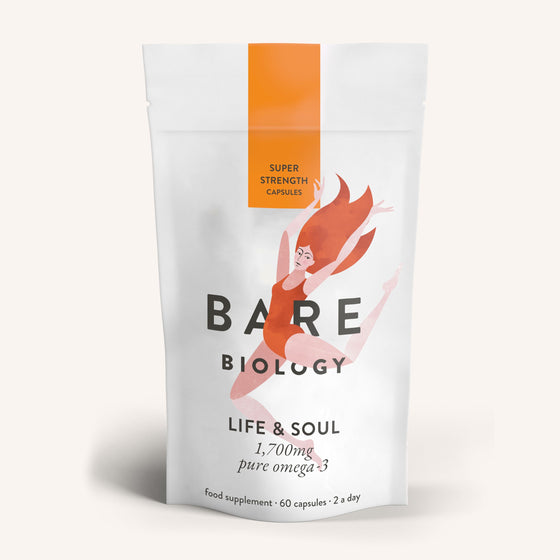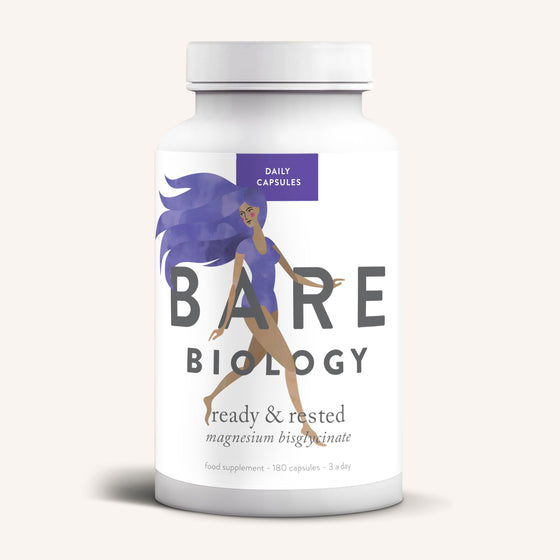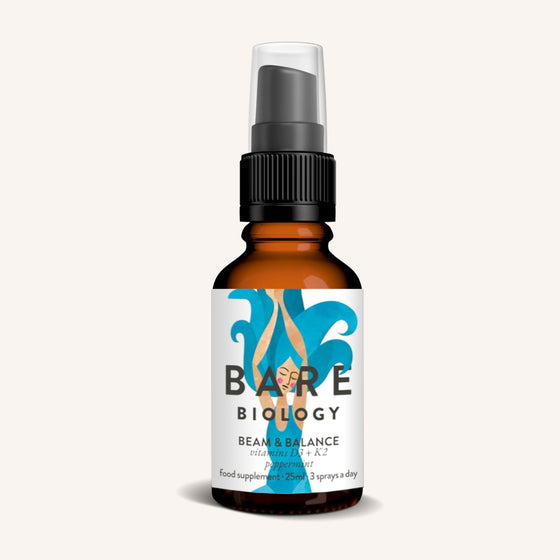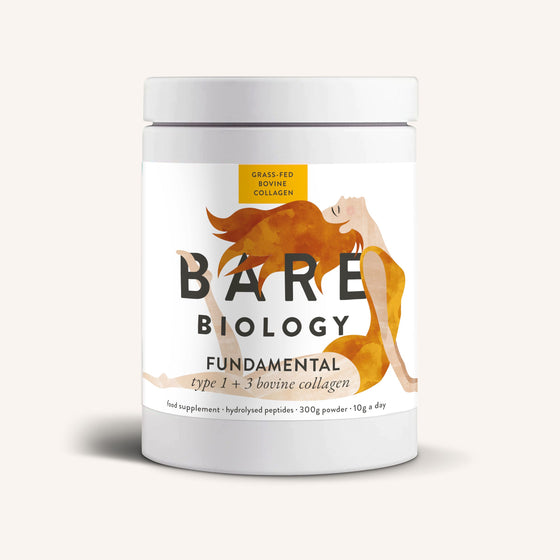There are far better alternatives to baby rice for weaning, yet it’s continually promoted as the best thing to introduce to your baby because it’s bland and easy to digest. But in truth, it’s not.
- Baby rice is a high carbohydrate, highly processed product. Most brands are made from white rice, which quickly metabolizes into sugar. We know as adults that we need to avoid foods that give us sugar spikes, and the same goes for babies.
- A baby’s delicate digestive system is not equipped to deal with grains until they’re older than a year, because they don’t have enough of the enzyme amylase (amylase breaks down starchy foods).
- Non organic rice is also high in arsenic from pesticides. Obviously, this isn’t what you want for your baby, especially whilst their digestion is so immature.
- Baby rice is fortified with vitamins and minerals because without artificially doing this, the food is devoid of nutrients. Babies can become constipated after being introduced to this unnatural food, which makes it harder for them to absorb precious nutrients.
Introduce foods in its natural form to your baby. By 6 months old he’s already growing into a curious explorer on all fronts, and this includes food and flavour. Offer plenty of easy to digest nutrients.
Try these three nutrient dense foods, suitable for weaning
Avocados

Baby’s brain is growing at a fast rate, and most of the brain is composed of fatty tissue that is crying out for some healthy fats to eat. Avocados are soft and rich in B vitamins, perfect for a developing nervous system. They have a wide range of antioxidants and minerals, and crucial Vitamin K for bone growth. The healthy fats like Vitamin E in the avocado help absorb Vitamin A that supports eye growth. Nature’s wonderful all rounder.
Tempt your baby with ripe avocado by mashing it with a small amount of banana, or cut into tiny cubes so they can play around with the fun texture. You can use it as a spread instead of butter when baby’s ready for spreads on crunchier foods. Avocado pudding mixed with a sprinkling of raw organic cacao powder is full of inflammation fighting antioxidants.
Avocados are also packed with soluble
fibre , perfect for maintaining healthy digestion.
Sweet Potatoes

Sweet potatoes are undervalued as a super nutrient. They’re bursting with antioxidants and beta-carotene (a form of Vitamin A) and
Introduce sweet potatoes either by themselves mashed into a purée, or mixed with other less sweet vegetables, allowing you to get a broader variety into their diet while keeping the taste nice and sweet which babies love. You can roast them in some coconut oil and offer small cubes of them to play with at mealtimes. You can also freeze cooked sweet potato cubes in an ice tray so you have them to hand when cooking, then just pop them into your purées to add a little hint of sweetness (rather than using apple which has a much higher fructose content).
Sweet potatoes contain
adiponectin , a natural blood glucose regulator. So even though they’re a sweeter vegetable than many others, they’re great for blood sugar control.
Egg Yolks

We know this may sound controversial. A lot of parents avoid eggs for weaning as there are concerns about them being a high allergen food. It’s the egg white that can sometimes trigger an allergic reaction, rather than the yolk that is bursting with good cholesterol essential for baby’s development. It has a spectrum of vitamins and minerals, and is rich in choline, a member of the B vitamin family that feeds
Gently boil the egg for 5-6
Your baby produces the right enzymes to digest protein and fat easily (to absorb breast milk), so it makes perfect sense to offer fresh, cooked yolks at weaning rather than processed baby rice or any type of cereal grain.
Vegetables

A slow, considered approach to introducing vegetables is best, one at a time, so you can track any adverse reactions. For example; a rash,





